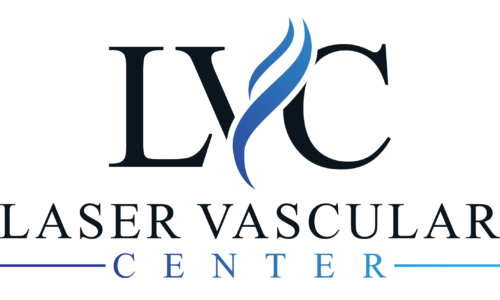Find out if you're eligible for
Monoclonal Antibody Treatment
Monoclonal antibodies are among the most promising treatments for mild to moderate COVID-19, the disease caused by the novel coronavirus SARS-CoV-2.
Monoclonal antibodies are just like your body’s antibodies but selected for their strong ability to resist the virus. They are produced like a medication and help your body fight illness. In 2020, the Food and Drug Administration issued an emergency use authorization to permit monoclonal antibodies as a treatment option for COVID-19.
Monoclonal antibodies are among the most promising treatments for mild to moderate COVID-19, the disease caused by the novel coronavirus SARS-CoV-2.
Monoclonal antibodies are just like your body’s antibodies but selected for their strong ability to resist the virus. They are produced like a medication and help your body fight illness. In 2020, the Food and Drug Administration issued an emergency use authorization to permit monoclonal antibodies as a treatment option for COVID-19.
Our expert team is available Mon-Fri 8am-5pm PST
Call today: (480) 788-5621
Fill Out The Form To Get Started
Please fill out the form below and a member of our team will promptly contact you!
How Do Monoclonal Antibodies Treat COVID-19?
Video courtesy of UPMC
After entering your body, monoclonal antibodies look for and attach to the spike protein that sticks out of the coronavirus that causes COVID-19.
When monoclonal antibodies attach to the spike protein, they can block the virus’s ability to enter cells — and slow down the infection.
In 2020, the FDA authorized several different monoclonal antibodies to treat COVID-19 at no cost to patients. We have all available MAB treatments.
How effective are Monoclonal Antibodies?
According to a study from the New England Journal of Medicine, early clinical data show that monoclonal antibodies can successfully reduce COVID-19 hospitalization rates. Clinical trials have shown that these treatments can decrease hospitalizations and emergency department visits. They can also reduce the amount of virus found in an infected person’s blood.
An analysis of patients who received monoclonal antibodies found the treatment has significantly cut the risk of hospitalization and death from COVID-19.
Health officials continue to monitor the safety and effectiveness of the treatments, and clinical trials are ongoing.
It isn’t yet known if monoclonal antibodies protect against future COVID-19 infections.
Find out if you qualify for monoclonal antibody treatment today:
What to Expect During Monoclonal Antibody Treatment
Monoclonal antibodies is a treatment given in an outpatient clinic through an IV/needle in your arm or it may be several shots given during one visit, that should help to keep your symptoms from getting worse.
Research studies show that it should be effective at preventing COVID-19 symptoms from becoming severe and that patients who receive the treatment are less likely to get sicker leading to an Emergency Department visit or needing to be admitted to the hospital.
The IV infusion involves placing a needle in a vein and slowly sending the medicine through the IV and into the body. The infusion takes about 30 minutes.
The injections involve giving four shots, each one in a different location (arms, thighs, stomach,) during one office visit. The injections take about five to 10 minutes to give. After the IV is removed medicine is given, patients must wait at least 30 minutes so health care workers can watch for side effects. Patients should expect the entire visit to take anywhere from one to two hours.
Frequently Asked Questions About Monoclonal Antibody Treatment
Monoclonal antibody treatment significantly reduces the risk of hospitalization and death in people with COVID-19.
To observe possible side effects, such as nausea, vomiting, and the very rare effect of anaphylaxis ( less than 0.1%).
No. They are different. The vaccine is still recommended by the CDC.
Yes. And, if you tested positive, all people exposed can get it now too.
You should continue to quarantine per current CDC recommendations and rest as much as possible. Stay hydrated and inform exposed people that the treatment is available.
If you don’t get better, continue to rest and quarantine. If you get worse, call your doctor I Primary Care / GPI etc. and inform them. You can also call the nearest hospital and or go there if there is an emergency.
Any day.
Please wear a mask, and gloves. If not, we’ll supply them.




